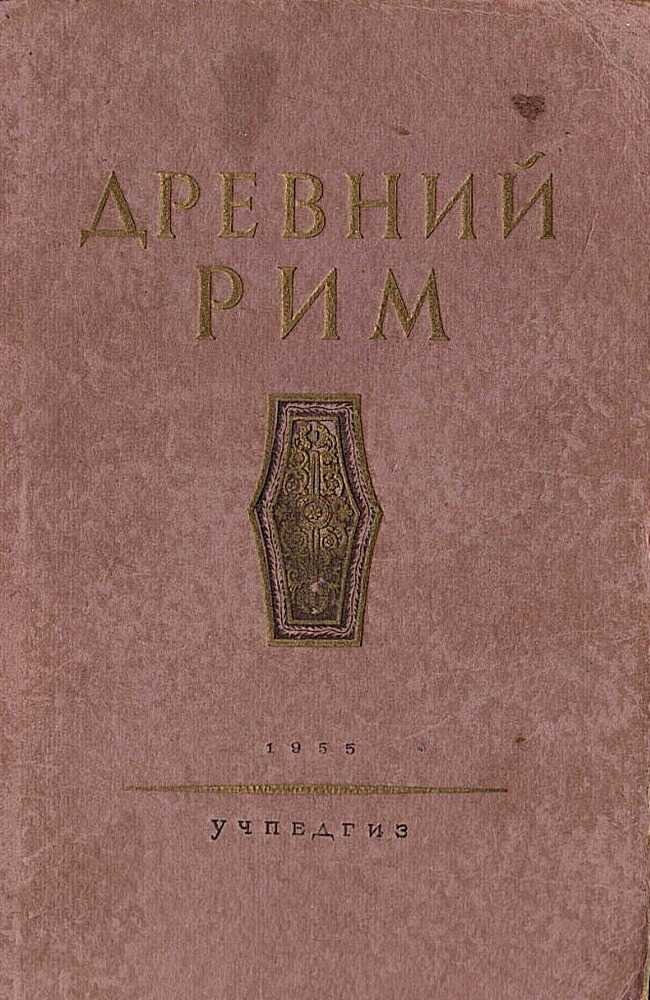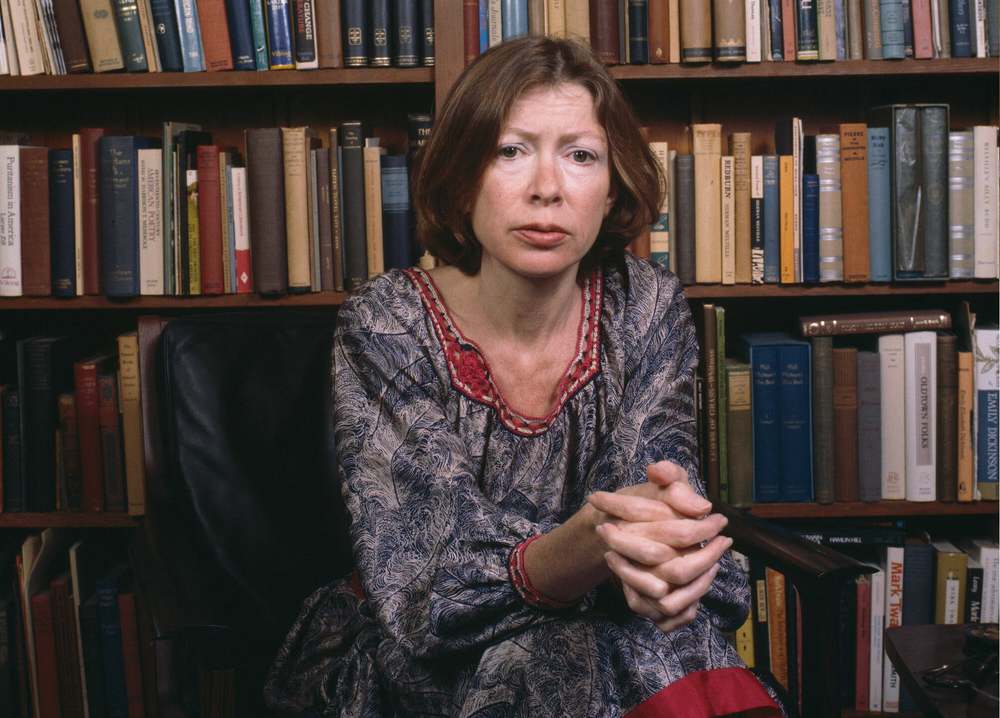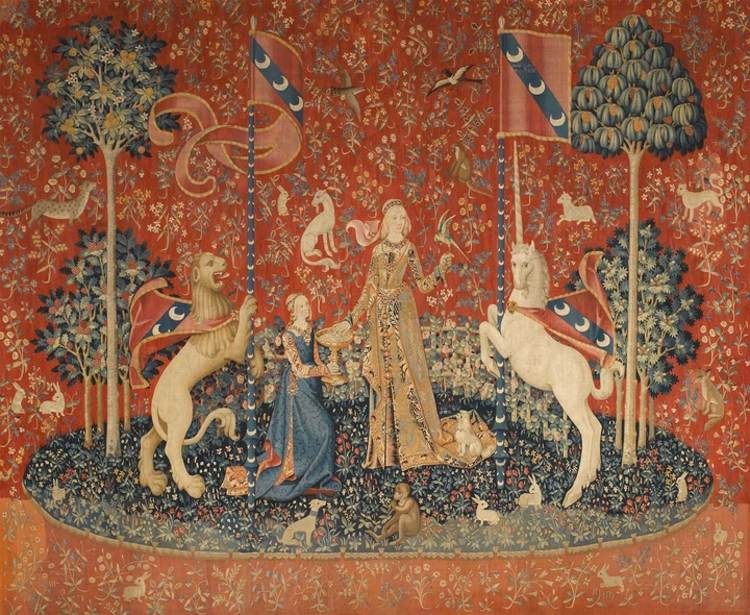Император Юстиниан Великий и наследие Халкидонского Собора - Михаил Вячеславович Грацианский
Книгу Император Юстиниан Великий и наследие Халкидонского Собора - Михаил Вячеславович Грацианский читаем онлайн бесплатно полную версию! Чтобы начать читать не надо регистрации. Напомним, что читать онлайн вы можете не только на компьютере, но и на андроид (Android), iPhone и iPad. Приятного чтения!
Шрифт:
Интервал:
Закладка:
The fifth chapter, “The years after the Council of Constantinople (536), the transition to the Three-Chapter Controversy”, describes the most productive period both for the church policy and theology from 536 down to the beginning of the 40s of the 6th century, that was marked by a real theological breakthrough: actually the first time since the end of the Council of Chalcedon an attempt was undertaken by the emperor Justinian and his colleagues to give a theological answer to the anti-Chalcedonians, especially to the doctrine of Severus of Antioch. The Local Council of Constantinople in 536, following the Pope's attitude, had proclaimed an anathema to the doctrine of Severus. However, it was quite clear that without a precise theological position of their own the Chalcedonians cannot further conduct a dialogue with their opponents. The original theological vulnerability of a Chalcedonian position was based on its commitment to Tomos of Pope Leo, the fact that made the position of Chalcedonians in a dispute with their opponents clearly losing and disposed them to occur to political pressure rather than to an honest theological dispute. Now on behalf of the Chalcedonians the Emperor himself came forth with theological arguments. Their aim was to reconcile the theological system of Cyril of Alexandria, to which both the Chalcedo-nians and the anti-Chalcedonians were committed, with the theological approaches of Pope Leo I, expressed in his Tomos, that served as a basis for the dogmatic position of Chalcedon. Theological approach presented by Justinian, expanded in his extant letter to the Egyptian monks, was a convincing attempt to harmonize the concepts “one nature” of Christ of Cyril of Alexandria, on the one hand, and the “two natures” of Christ of Leo of Rome, on the other, through the formula “two natures — one hypostasis”.
The theological position of Justinian in conjunction with a number of other measures lead to a result that among the anti-Chalcedonians there appeared quite a representative group of people who supported the church-political measures of the Emperor, and aimed at achieving a compromise and restoration of communion with the Church. At the same time the Emperor was conducting an active policy towards the Popes in order to force them to change their uncompromising stance towards anti-Chalcedonians. That became quite possible after the reconquest of Rome and the establishing on the papal throne of his protégé Vigilius (537). Further on the Emperor acted in the framework of his policy of compromise, attracting for the fulfillment of his ecclesiastical and political activities persons, who formally remained on anti-Chalcedonian positions. This fact is most clearly manifested in a number of missionary enterprises in the South and the East of the Empire (for example, in Asia Minor, Syria and Nubia), where Emperor's commands were carried out by people like John of Ephesus and Jacob Baradaeus.
The main content of the policy towards anti-Chalcedonians in the period of the 40s represents the dispute about the so-called “Three Chapters” — objectionable for the anti-Chalcedonians writings and persons accepted by the Council of Chalcedon. To the issue, which otherwise as a whole is well studied and described in the scholastic literature, the sixth chapter of the monograph “Three-Chapters' Controversy (540–553)” is dedicated. The “Three Chapters” being one letter of Ibas of Edessa, certain works of Theodoret of Cyrus, and the theology of Theo-
dore of Mopsuestia, in anti-Chalcedonians' view, were imbued with the heresy of Nestorius, and the fact that they had been adopted by the Council of Chalcedon was an obstacle for them on the way to the restoration of dialogue with the Chal-cedonians. Justinian explicitly called for the condemnation of the “Three Chapters”, but was obliged to face a strong opposition in the ranks of the stout Chalce-donians, because for them even a partial revision of the decisions of Chalcedon was not acceptable. The Western Churches had particularly strong resistance despite the vacillating position of Pope Vigilius. The respective positions of the Emperor, who spoke for the condemnation of the “Three Chapters”, and his opponents are the subject of detailed analysis in the sixth chapter. Also, it discusses some implications produced by the condemnation of the “Three Chapters” at the 5th Ecumenical Council of Constantinople in 553.
The condemnation of the “Three Chapters” in conjunction with the detailed elaboration of a theological position, designed to demonstrate the fundamental similarity of the theology of Cyril of Alexandria and that of Leo of Rome, as well as a number of administrative measures, resulted in 553 in a creation of an an-ti-Chalcedonian group fully committed to the idea of the restoration of the ecclesiastical unity. For this group, the Emperor himself personified the unity of the Church within the Empire, but canonical restoration of unity was nevertheless required. Since by that time disparate anti-Chalcedonian groups had long lost any legal ecclesiastical structure, a formal and official association with the Chalcedo-nians was impossible for them. Thus, the final, seventh, chapter, “Justinian's church policy in the period after the Condemnation of the Three Chapters (553–565)”, describes the events regarding the restoration under the strict supervision of the Emperor of a fictitious anti-Chalcedonian ecclesiastical hierarchy with a view to convene a Reconciliation Council. Due to unexplained reasons, during the life of Justinian this design was not carried out, but soon after his death, an attempt to hold such a Council was made by his successor Justin II (565–578). However, this attempt failed.
In the same chapter the author analyzes an important issue of the Justinian's presumed commitment to the so-called heresy of Aphthartodocetism. This issue has been often referred to in the scientific literature. The author of the monograph concludes that the assumption, that Justinian had really adopted the Aphthart-odocetism, is unfounded. According to the author, Justinian's reason for treating this doctrine consisted in the search for a theological solution of the issue raised by
Прочитали книгу? Предлагаем вам поделится своим отзывом от прочитанного(прослушанного)! Ваш отзыв будет полезен читателям, которые еще только собираются познакомиться с произведением.
Уважаемые читатели, слушатели и просто посетители нашей библиотеки! Просим Вас придерживаться определенных правил при комментировании литературных произведений.
- 1. Просьба отказаться от дискриминационных высказываний. Мы защищаем право наших читателей свободно выражать свою точку зрения. Вместе с тем мы не терпим агрессии. На сайте запрещено оставлять комментарий, который содержит унизительные высказывания или призывы к насилию по отношению к отдельным лицам или группам людей на основании их расы, этнического происхождения, вероисповедания, недееспособности, пола, возраста, статуса ветерана, касты или сексуальной ориентации.
- 2. Просьба отказаться от оскорблений, угроз и запугиваний.
- 3. Просьба отказаться от нецензурной лексики.
- 4. Просьба вести себя максимально корректно как по отношению к авторам, так и по отношению к другим читателям и их комментариям.
Надеемся на Ваше понимание и благоразумие. С уважением, администратор knigkindom.ru.
Оставить комментарий
-
 Гость Даша11 февраль 11:56
Для детей подросткового возраста.Героиня просто дура,а герой туповатый и скучный...
Лесная ведунья 3 - Елена Звездная
Гость Даша11 февраль 11:56
Для детей подросткового возраста.Героиня просто дура,а герой туповатый и скучный...
Лесная ведунья 3 - Елена Звездная
-
 Гость Таня08 февраль 13:23
Так себе ,ни интриги,Франциски Вудворд намного интересней ни сюжета, у Франциски Вундфорд намного интересней...
Это моя территория - Екатерина Васина
Гость Таня08 февраль 13:23
Так себе ,ни интриги,Франциски Вудворд намного интересней ни сюжета, у Франциски Вундфорд намного интересней...
Это моя территория - Екатерина Васина
-
 Magda05 февраль 23:14
Беспомощный скучный сюжет, нелепое подростковое поведение героев. Одолеть смогла только половину книги. ...
Госпожа принцесса - Кира Стрельникова
Magda05 февраль 23:14
Беспомощный скучный сюжет, нелепое подростковое поведение героев. Одолеть смогла только половину книги. ...
Госпожа принцесса - Кира Стрельникова




![Краткий словарь свиновода [5-е изд.] - Автор Неизвестен](https://cdn.knigkindom.ru/posts/books/205865/205865.jpg)





